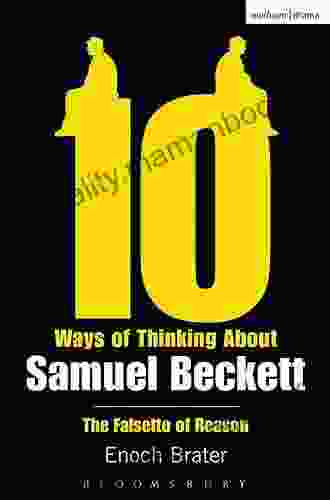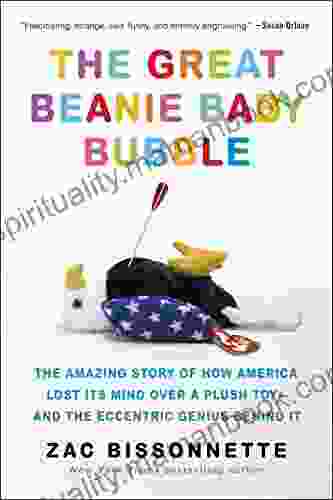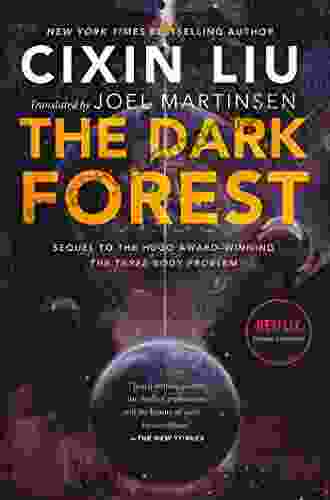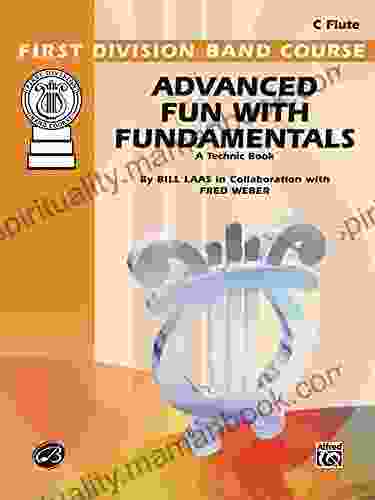Ten Ways of Thinking About Samuel Beckett

Samuel Beckett was an Irish playwright, novelist, and poet who is considered one of the most influential figures in 20th-century literature. His work is characterized by its dark humor, existential themes, and minimalist style.
4 out of 5
| Language | : | English |
| File size | : | 834 KB |
| Text-to-Speech | : | Enabled |
| Screen Reader | : | Supported |
| Enhanced typesetting | : | Enabled |
| Word Wise | : | Enabled |
| Print length | : | 205 pages |
Beckett's work has been interpreted in many different ways, and there is no single definitive interpretation. However, ten different ways of thinking about Beckett's work can help us to understand its complexity and significance.
1. Beckett as an existentialist
Beckett's work is often seen as existentialist, in that it explores the human condition in a meaningless and absurd world. Beckett's characters are often isolated and alone, and they struggle to find meaning in their lives. In his play Waiting for Godot, for example, two characters wait for a man who never arrives. The play is a meditation on the meaninglessness of life and the futility of hope.
2. Beckett as an absurdist
Beckett's work is also often seen as absurdist, in that it presents a world that is illogical and irrational. Beckett's characters often find themselves in situations that are beyond their control, and they are unable to make sense of the world around them. In his play Endgame, for example, four characters are trapped in a garbage can, and they are unable to escape. The play is a commentary on the absurdity of human existence.
3. Beckett as a minimalist
Beckett's work is often characterized by its minimalist style. Beckett's plays are often very short, and they use a limited number of characters and settings. Beckett's prose is also very spare, and he often uses simple, everyday language. In his novel Molloy, for example, the protagonist is a man who walks across Ireland, and the novel is written in a very simple, unadorned style.
4. Beckett as a comedian
Beckett's work is often very funny, despite its dark subject matter. Beckett's characters are often caught in ridiculous situations, and they often make absurd jokes. In his play Happy Days, for example, a woman is buried up to her neck in sand, and she spends the play talking to her husband, who is also buried up to his neck in sand. The play is a dark comedy about the absurdity of human existence.
5. Beckett as a pessimist
Beckett's work is often seen as pessimistic, in that it presents a bleak view of human nature. Beckett's characters are often flawed and unhappy, and they often fail to achieve their goals. In his play Krapp's Last Tape, for example, a man listens to a recording of his own voice from 30 years earlier, and he realizes that he has wasted his life. The play is a meditation on the futility of human existence.
6. Beckett as an optimist
Despite its dark subject matter, Beckett's work can also be seen as optimistic. Beckett's characters often find hope and joy in the midst of despair. In his play Waiting for Godot, for example, the two characters wait for a man who never arrives, but they continue to hope that he will come. The play is a testament to the human spirit's ability to endure even in the most difficult circumstances.
7. Beckett as a prophet
Beckett's work has been seen as prophetic, in that it anticipated the horrors of the 20th century. Beckett's plays and novels are full of violence, despair, and absurdity, and they reflect the chaos and destruction of the world wars and the Holocaust. In his play Endgame, for example, four characters are trapped in a garbage can, and they are unable to escape. The play is a commentary on the horrors of war and the human capacity for cruelty.
8. Beckett as a mystic
Beckett's work has also been seen as mystical, in that it explores the nature of reality and the human soul. Beckett's characters often have strange dreams and visions, and they often experience moments of transcendence. In his play Play, for example, three characters are trapped in a room, and they spend the play talking about their dreams and memories. The play is a meditation on the nature of reality and the human soul.
9. Beckett as a clown
Beckett's work has also been seen as clownish, in that it often uses humor and absurdity to explore dark subject matter. Beckett's characters are often funny and absurd, and they often make jokes about their own suffering. In his play Happy Days, for example, a woman is buried up to her neck in sand, and she spends the play talking to her husband, who is also buried up to his neck in sand. The play is a dark comedy about the absurdity of human existence.
10. Beckett as a genius
Beckett's work is often seen as brilliant, in that it is both intellectually challenging and emotionally resonant. Beckett's plays and novels are full of complex ideas and themes, and they offer a unique perspective on the human condition. In his play Waiting for Godot, for example, two characters wait for a man who never arrives. The play is a meditation on the meaninglessness of life and the futility of hope. The play is also a brilliant work of art, and it has been praised for its originality, its humor, and its insight into the human condition.
Beckett's work is complex and challenging, but it is also rewarding. By exploring the different ways of thinking about Beckett's work, we can gain a deeper understanding of its complexity and significance.
4 out of 5
| Language | : | English |
| File size | : | 834 KB |
| Text-to-Speech | : | Enabled |
| Screen Reader | : | Supported |
| Enhanced typesetting | : | Enabled |
| Word Wise | : | Enabled |
| Print length | : | 205 pages |
Do you want to contribute by writing guest posts on this blog?
Please contact us and send us a resume of previous articles that you have written.
 Top Book
Top Book Novel
Novel Fiction
Fiction Nonfiction
Nonfiction Literature
Literature Paperback
Paperback Hardcover
Hardcover E-book
E-book Audiobook
Audiobook Bestseller
Bestseller Classic
Classic Mystery
Mystery Thriller
Thriller Romance
Romance Fantasy
Fantasy Science Fiction
Science Fiction Biography
Biography Memoir
Memoir Autobiography
Autobiography Poetry
Poetry Drama
Drama Historical Fiction
Historical Fiction Self-help
Self-help Young Adult
Young Adult Childrens Books
Childrens Books Graphic Novel
Graphic Novel Anthology
Anthology Series
Series Encyclopedia
Encyclopedia Reference
Reference Guidebook
Guidebook Textbook
Textbook Workbook
Workbook Journal
Journal Diary
Diary Manuscript
Manuscript Folio
Folio Pulp Fiction
Pulp Fiction Short Stories
Short Stories Fairy Tales
Fairy Tales Fables
Fables Mythology
Mythology Philosophy
Philosophy Religion
Religion Spirituality
Spirituality Essays
Essays Critique
Critique Commentary
Commentary Glossary
Glossary Bibliography
Bibliography Index
Index Table of Contents
Table of Contents Preface
Preface Introduction
Introduction Foreword
Foreword Afterword
Afterword Appendices
Appendices Annotations
Annotations Footnotes
Footnotes Epilogue
Epilogue Prologue
Prologue Bri Monae
Bri Monae Elizabeth Mccallum Marlow
Elizabeth Mccallum Marlow Jordan Lee Knape
Jordan Lee Knape Alex Trenoweth
Alex Trenoweth Sunny Hundal
Sunny Hundal Christina Nosek
Christina Nosek Angelo Nikolopoulos
Angelo Nikolopoulos Christina Olds
Christina Olds Alice Eidson
Alice Eidson Adrian Smith
Adrian Smith Richard Young
Richard Young Michael Brian Murphy
Michael Brian Murphy James P Neelankavil
James P Neelankavil Danielle Gibson
Danielle Gibson Charity Majors
Charity Majors Adrian Onyando
Adrian Onyando Bruce Bueno De Mesquita
Bruce Bueno De Mesquita Malcolm Barnard
Malcolm Barnard Caroline Criado Perez
Caroline Criado Perez Elaine Roberts
Elaine Roberts
Light bulbAdvertise smarter! Our strategic ad space ensures maximum exposure. Reserve your spot today!
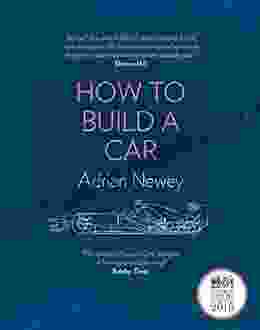
 Clark BellThe Autobiography of the World's Greatest Formula Designer: A Journey Through...
Clark BellThe Autobiography of the World's Greatest Formula Designer: A Journey Through... Hugo CoxFollow ·5k
Hugo CoxFollow ·5k Clarence MitchellFollow ·19.7k
Clarence MitchellFollow ·19.7k Jonathan FranzenFollow ·2.2k
Jonathan FranzenFollow ·2.2k Clark CampbellFollow ·16.9k
Clark CampbellFollow ·16.9k Davion PowellFollow ·13.9k
Davion PowellFollow ·13.9k W.H. AudenFollow ·14.9k
W.H. AudenFollow ·14.9k Joshua ReedFollow ·9.8k
Joshua ReedFollow ·9.8k Cooper BellFollow ·8.9k
Cooper BellFollow ·8.9k

 Thomas Powell
Thomas PowellHair Care Essentials for Crochet Braids: A Protective...
Crochet braids are a versatile and...
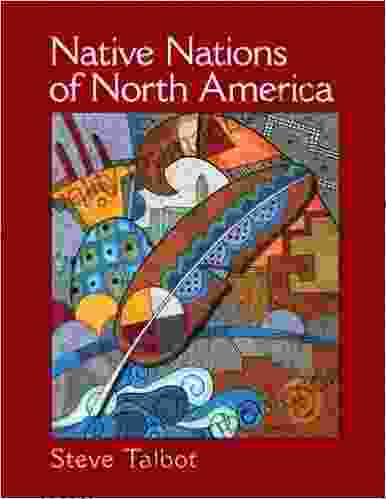
 Philip Bell
Philip BellNative Nations of North America: A Comprehensive Guide
North America is home to a...
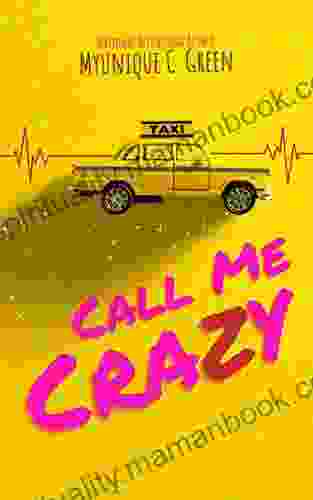
 Jackson Hayes
Jackson HayesCall Me Crazy: My Unique Journey with Green
In the kaleidoscopic tapestry of life, where...
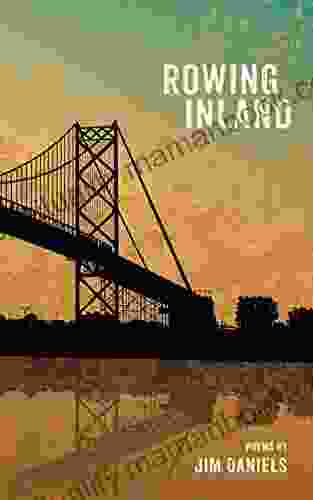
 Graham Blair
Graham BlairUnveiling the Literary Treasures of Michigan: A Journey...
The literary landscape of...
4 out of 5
| Language | : | English |
| File size | : | 834 KB |
| Text-to-Speech | : | Enabled |
| Screen Reader | : | Supported |
| Enhanced typesetting | : | Enabled |
| Word Wise | : | Enabled |
| Print length | : | 205 pages |


